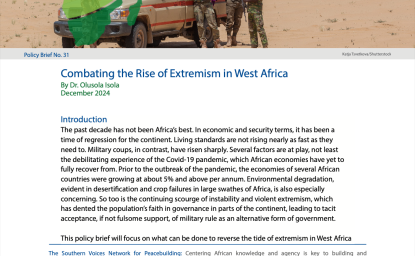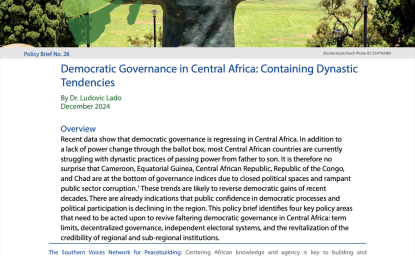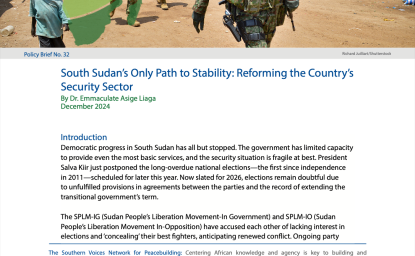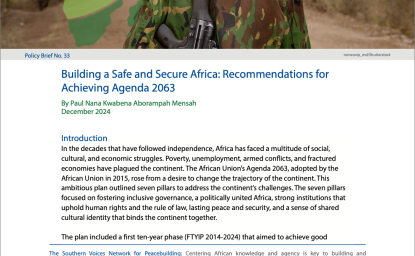The FARC and Colombia's Illegal Drug Trade

The crisis of Colombia’s peace process occasioned by the FARC kidnapping of General Rubén Darío Alzate appears to be drawing to an end, with numerous reports indicating his release is imminent.
The FARC’s action exposed once again the deep polarization within Colombia over the peace talks and the profound distrust of the FARC by nearly all sectors of public opinion.
As part of its ongoing monitoring of the peace process in Colombia, the Latin American Program is pleased to share with you a new study of the FARC’s involvement in Colombia’s illegal drug trade. In “The FARC and Colombia’s Illegal Drug Trade,” veteran Bogotá-based reporter John Otis assesses the FARC’s current role in the taxation, production, and trafficking of illegal drugs as well as the significance of a May 2014 accord between the Colombian government and FARC negotiators to jointly combat coca cultivation and drug trafficking in guerrilla-dominated areas and to expand alternative development projects upon the signing of a formal peace treaty.
The report finds that:
The fight between the FARC and illegal right-wing paramilitary groups over coca fields and drug smuggling corridors has been a key factor in the conflict’s extreme levels of violence, forced displacement and land grabs;
The FARC’s continued control over several hundred thousand Colombian coca growers in southern Colombia, where the guerrillas can recruit fresh troops and impose their own laws and taxes, makes the rebel group far more powerful and influential than any of the country’s more traditional drug trafficking organizations;
There is little evidence that the FARC is involved in the most lucrative downstream aspects of the drug trade such as retail distribution in consumer countries;
Colombia’s bandas criminales (BACRIM) have actively sought business alliances with the FARC and today there is almost no fighting between these groups;
The temptation for some rebel commanders to return to drug trafficking following a formal demobilization of the FARC will be strong;
Demobilizing the FARC would sideline one of Colombia’s largest drug producing and smuggling organizations. A more peaceful countryside, in turn, would allow government institutions as well as non-governmental groups to provide services and carry out development work in some of the poorest and most isolated areas of Colombia.
The article is available for download below.
Author

Latin America Program
The Wilson Center’s prestigious Latin America Program provides non-partisan expertise to a broad community of decision makers in the United States and Latin America on critical policy issues facing the Hemisphere. The Program provides insightful and actionable research for policymakers, private sector leaders, journalists, and public intellectuals in the United States and Latin America. To bridge the gap between scholarship and policy action, it fosters new inquiry, sponsors high-level public and private meetings among multiple stakeholders, and explores policy options to improve outcomes for citizens throughout the Americas. Drawing on the Wilson Center’s strength as the nation’s key non-partisan policy forum, the Program serves as a trusted source of analysis and a vital point of contact between the worlds of scholarship and action. Read more

Explore More
Browse Insights & Analysis
Combating the Rise of Extremism in West Africa


